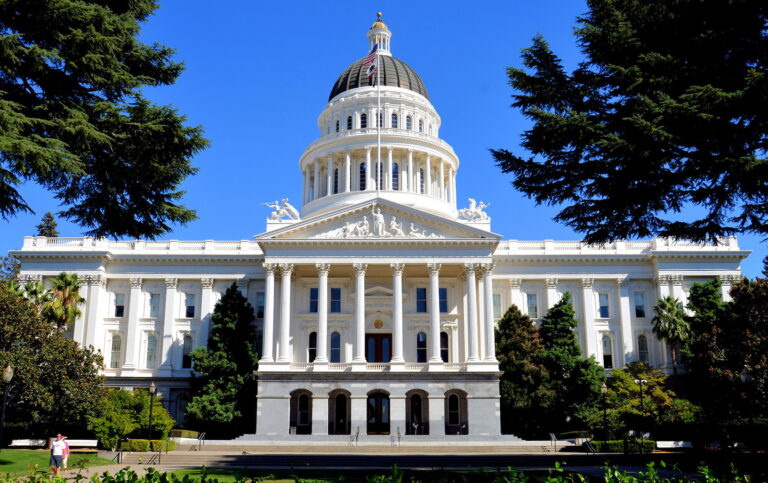May 11, 2020 – A bill that proposed a Maryland tax on “digital advertising services” that was approved by the state legislature in March was vetoed on May 7 by Maryland Gov. Larry Hogan (R), stopping, at least for now, the nation’s first tax on digital advertising. In his veto letter, Hogan stated that the legislation “would raise taxes and fees on Marylanders at a time when many are already out of work and financially struggling.”
The legislation (HB 732) would have imposed a tax on digital ad services – including banner advertising, search engine advertising, interstitial advertising and similar advertising on websites or any type of software – beginning at 2.5 percent and scaling up to 10 percent.
“Although this is good news, it may not be the end of the story,” said Coalition for Healthcare Communication Executive Director Jon Bigelow. “There’s a strong possibility of a successful vote to override the veto.” Bigelow explained that this would require a margin of at least 60 percent of the votes in each chamber of the legislature and noted that HB 732 initially passed with just over 60 percent in both the House and Senate. The override vote must take place when the legislature next convenes, either at the next regular session in January or if the body calls for a special session at an earlier date.
“If there are enough votes to override the veto, expect to see legal challenges that delay implementation of the digital advertising tax,” Bigelow predicted. “Some lawsuits could involve the convoluted manner of determining what digital revenue is attributable to Maryland versus other states, and whether the tax is owed by the advertiser, the media buyer, the programmatic service, the digital platform, or a combination of these.” Other lawsuits, he explained, could raise state and constitutional issues.
Recently the CHC endorsed a request to Hogan by national media and advertising trade groups which stated the organizations’ “strong opposition to enactment of a new and unprecedented state tax on digital advertising.” An Association of National Advertisers statement following Hogan’s decision to veto the legislation indicated that in light of the recent COVID-19 pandemic imposing many business challenges, “Governor Hogan’s decision will substantially help Maryland consumers and businesses. This tax now will not be passed on to consumers.”
However, the Maryland Center for Economic Policy issued a statement calling for the state general assembly to overturn Hogan’s veto to “clean up loopholes in our tax code and ensure the state has the resources needed to invest in our schools and other foundations of thriving communities.”
Revenue deficits in all states related to fallout from the COVID-19 pandemic may prompt a look at new sources of revenue, including a digital ad tax, Bigelow commented. “The broader question of a tax on digital advertising remains alive and may get an assist from the severe fiscal plight many states now find themselves in,” he said, noting that New York and Nebraska both introduced bills (unsuccessfully) on taxing digital advertising earlier this year.
Indeed, even if Hogan’s veto survives a vote to override HB 732, the bill is likely to be reintroduced in Maryland in 2021.




